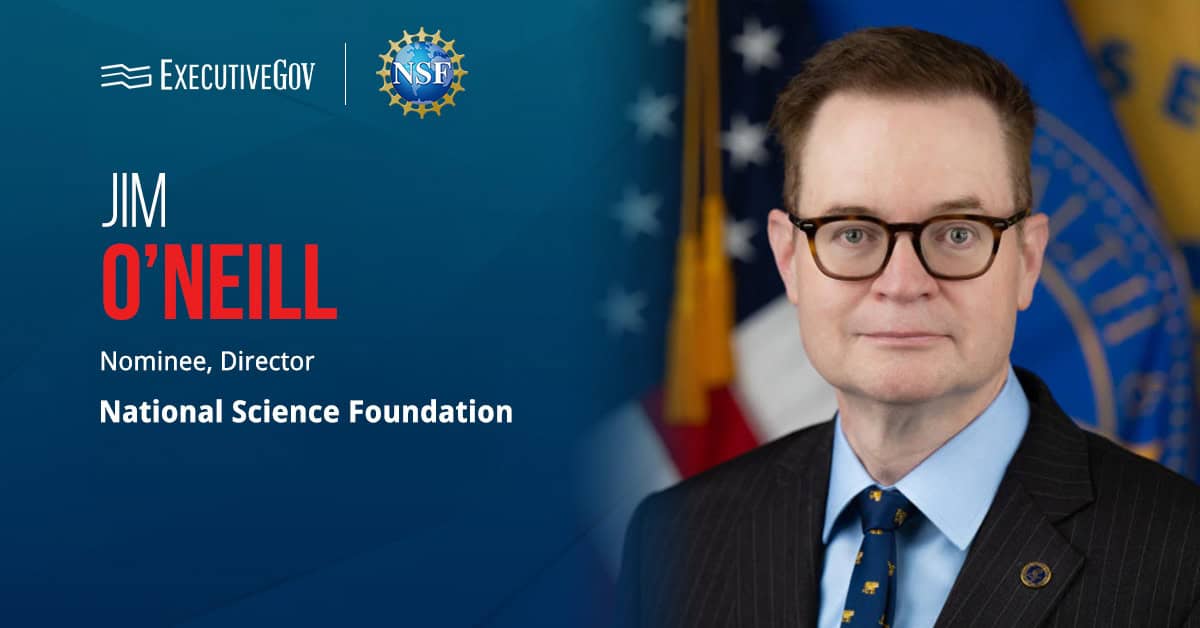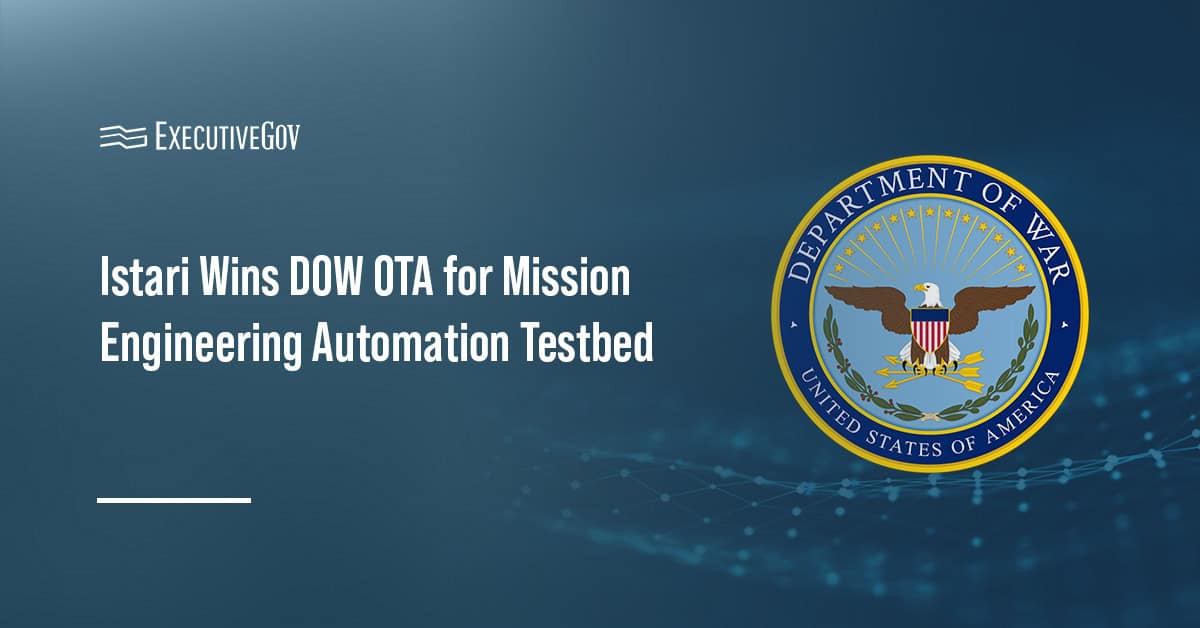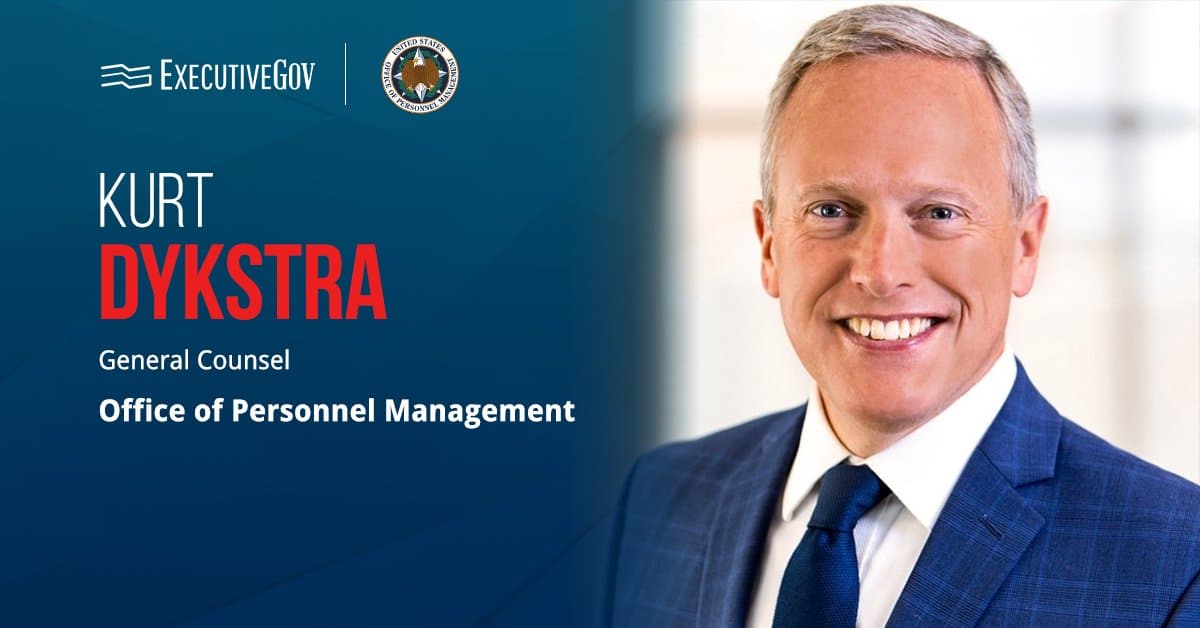
The Federal Aviation Administration has collaborated with NASA and unmanned aircraft system testing partners to conduct three safety demonstrations of drone operations at an altitude of below 400 feet. FAA said Wednesday that the field tests demonstrated the possibility of conducting UAS flights beyond visual line-of-sight in airspace without air traffic services.
The Virginia Tech Mid-Atlantic Aviation Partnership, Northern Plains UAS Test Site in North Dakota and the Nevada Institute for Autonomous Systems in Las Vegas hosted the low-altitude drone tests during the past three months as part of the UAS Traffic Management Pilot Program.
Data from the program will help the government develop a UTM proof of concept and lay the groundwork for technology deployment efforts, FAA noted. The agency introduced UPP in April 2017 as part of efforts to define operational safety requirements for commercial drones.





